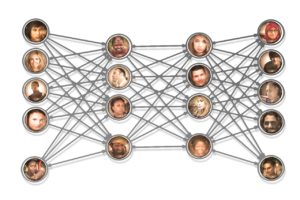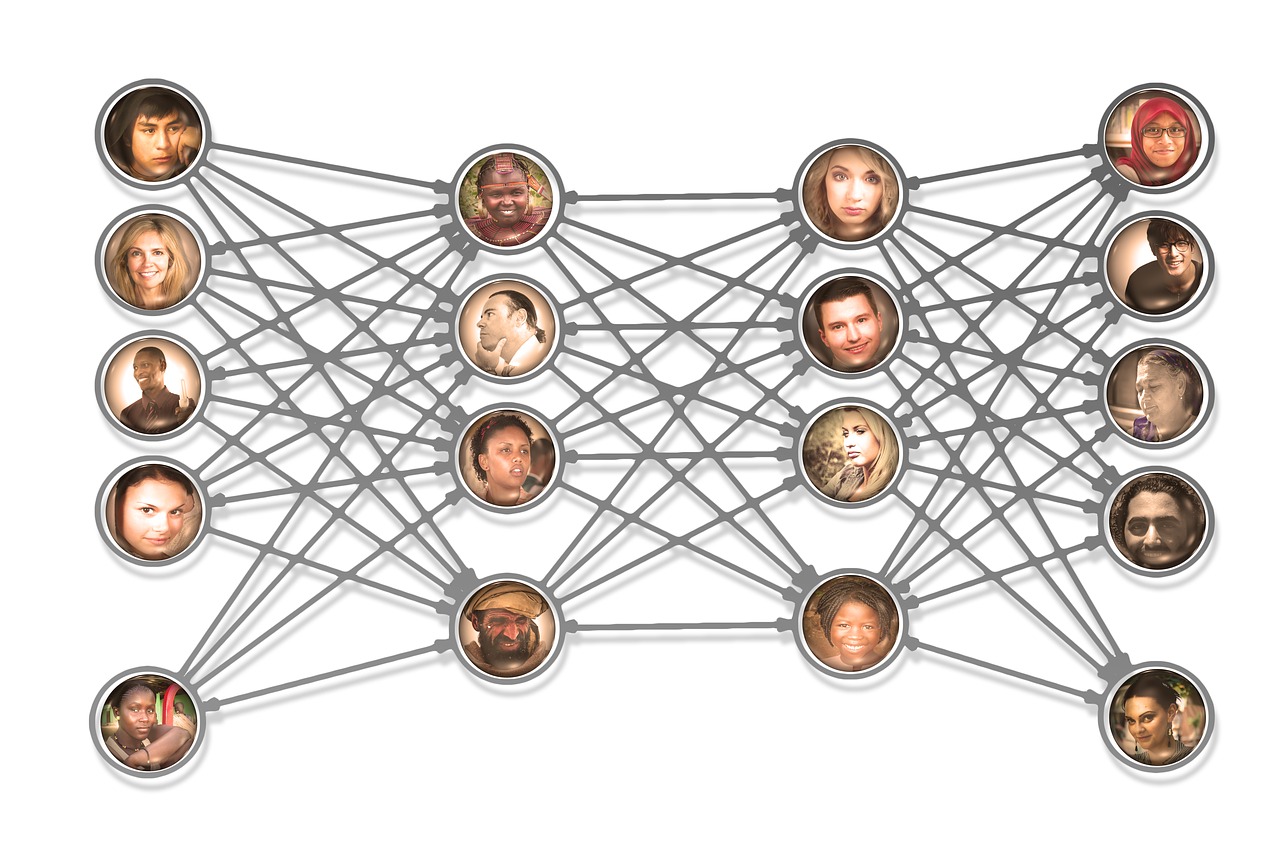 In his book ‘The World Until Yesterday’ Jared Diamond examines conflict resolution in societies at different scales and makes the point that at small scale, conflict resolution is about relationship repair whereas in state-level societies, conflict resolution is more about formal and impartial structures of justice between strangers. He sources his examples of small scale conflict resolution from his experiences with various tribes in Papua new Guinea. However the main point of the differences between conflict resolution in PNG and in larger scale societies is that the conflicting parties need to be able to live with each other after the conflict is over in PNG whereas in larger societies both parties are unlikely to interact with each other again and need only formal acknowledgement of the resolution of the conflict.
In his book ‘The World Until Yesterday’ Jared Diamond examines conflict resolution in societies at different scales and makes the point that at small scale, conflict resolution is about relationship repair whereas in state-level societies, conflict resolution is more about formal and impartial structures of justice between strangers. He sources his examples of small scale conflict resolution from his experiences with various tribes in Papua new Guinea. However the main point of the differences between conflict resolution in PNG and in larger scale societies is that the conflicting parties need to be able to live with each other after the conflict is over in PNG whereas in larger societies both parties are unlikely to interact with each other again and need only formal acknowledgement of the resolution of the conflict.
Therefore the diverse classroom resembles PNG tribal conflicts more than it does the formalised justice structures of a large scale state.
And so the guiding principle in conflict resolution should be about the repair and maintenance of relationships.
In the adult education classroom this leads to some questions:
- What difference does this make to the way in which conflict should be resolved in the classroom?
- How much reliance should there be on explicit, external codes of conduct and formal sanctions? As schools become larger so do the structures of conflict resolution become more formal and distanced from the parties involved. Should adult education environments go the same way?
- How much time should be invested in nurturing classroom relationships to minimise and solve conflicts when they occur?
Full disclosure: Buying the Diamond book from the link above contributes a small amount to the upkeep of the Absolutely Intercultural podcast.
